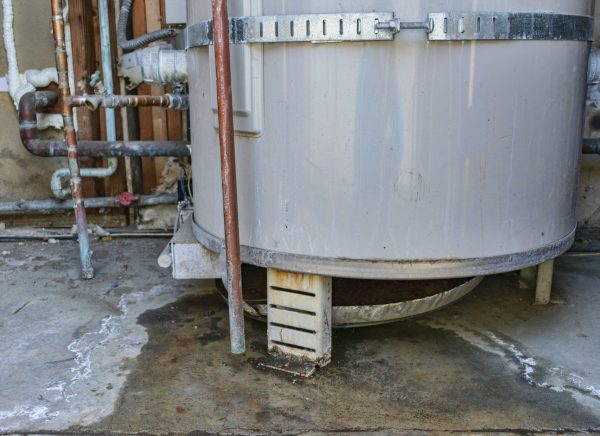Water heater problems can become an emergency, especially if your unit is gushing water. However, you don’t have to wait for that moment to realize it has issues and needs repairs. Pay attention to these five signs, and avoid expensive emergency visits.
Weak Hot Water Pressure
A pretty obvious sign you have hot water problems is reduced pressure when you try to run the hot water. This is commonly caused by mineral deposits left in your unit from your water. When they collect around the heating components, these deposits can end up blocking pipes, restricting the flow, and reducing pressure.
Unusual Sounds
Your unit should run nearly silently when it’s in good condition. If it starts making unusual sounds, especially if they’re loud, it’s time to bring in a professional. Loud banging, popping, or cracking sounds should raise your attention to the need for service. Often, this is simply a buildup of minerals that can be flushed out. However, if let go for too long, these sounds may weaken your unit’s structural integrity, which can lead to water heater replacement.
Corrosion on or in Your Unit
Corrosion will eventually form in your unit from the minerals in the water as it circulates. However, if you see that corrosion on the outside of your unit, it’s time for a service call. You may also notice your water is discolored, which is a sign of internal corrosion. If caught early, you may only need to replace the sacrificial anode rod, which helps reduce corrosion. However, once the corrosion becomes extensive through your unit, it will need a replacement.
Leaking Water
Before your unit experiences a catastrophic failure, you may notice a little water leaking around the base. Small leaks could indicate any number of repairable problems, including too much pressure inside, a faulty drain or pressure relief valve, and even sediment buildup.
Lack of Hot Water Volume
While you may have plenty of pressure, you may notice that you seem to run out of hot water quickly. An electric water heater typically has two heating elements — one at the top and the other at the bottom. These work together to heat the water throughout the tank. A lack of hot water volume indicates a bad element.
A gas water heater has only a single burner, with the hot exhaust running through a flue through the center of the tank. There are baffles that allow the exhaust to heat water throughout the tank as it travels up to the vent. Reduced hot water volume may indicate an issue with the burner unit or one of the regulating sensors.
Don’t let your water heater leave you with property damage or cold showers. Call to schedule your water heater repair appointment in Monroe, LA, with the expert plumbers at Gordon Air & Plumbing today.



